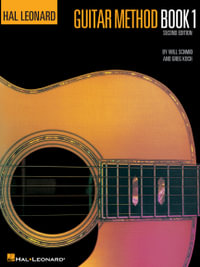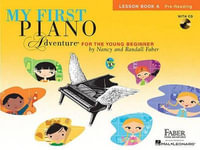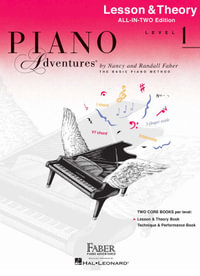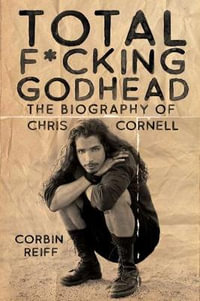This book challenges and replaces the existing view of Mallarm©''s mission to ''re-possess'' music on behalf of poetic language. Traditionally, this view focused on only the last fifteen years of the poet''s life, and sprang from a belief in Mallarm©''s ''sudden awakening'' to music during an all-Wagner concert in Paris, in 1885. Professor Heath Lees shows that Mallarm©''s early knowledge and experience of music was much greater than commentators have realized, and that the French poet actually began his writing career with the explicit aim of making music''s performance-language of ''effect'' the ground of his poetic expression. Integral to the argument is Mallarm©''s reaction to the work and ideas of Richard Wagner, whose impact on France came in two waves: the first broke during the tempestuous 1860s days of the Paris Tannh¤user, while the second arrived in the mid-1880s, and gave birth to the Revue Wagn©rienne. In refuting the critical literature that focuses on only the second of these waves, Lees shows that Mallarm© exhibited a highly informed Wagnerian background during the first wave, and that his grasp of the composer''s gestural motives and flexible musical prose led him towards a new kind of self-expressive, gestural rhythm that aimed musically to reinvent poetic language. In support of this, the book examines closely what Wagner ''really'' said in the prose works that were becoming known in Paris by the 1860s, in particular, Wagner''s important French text, the Lettre sur la musique. It also re-examines Baudelaire''s classic Wagner-brochure, and reveals its author''s surprisingly firm grasp of Wagner''s musico-poetic fusion. In musically informed commentary, Professor Lees surveys the four decades of success and failure that resulted from Mallarm©''s repeated attempts to draw out the musical gestures and resonances of words alone. In the process, he throws new light on many of Mallarm©''s best-known texts, hitherto judged ''difficult'' by those who have failed to appreciate the extent of the poet''s heroic descent through the surface of words in search of ''la Musique''.
Industry Reviews
'To hear Heath Lees talk about Mallarme is a revelation: where many commentaries appear to lead into mists of complication, he clarifies in simple language how a brilliant mind like Mallarme's could consciously turn language into music while letting it tell its own story. Professor Lees's great strength lies in combining the skills of practical musician (including composer), musical scholar and expert literary commentator. This fascinating book puts a new slant on later nineteenth-century literature and music on both sides of the Rhine.' Roy Howat, internationally renowned concert pianist and author of Debussy in Proportion '... [an] insightful and meticulously researched account of the poet and his musical influences... this is a valuable addition to current scholarship and a veritable feast for Mallarme and Wagner scholars alike.' Studies in Musical Theatre 'Lees has [...] valuably raised into greater prominence the depth and detail of Wagner's influence on Mallarme's musical thought.' Current Musicology '... well-researched and passionately argued book.' French Studies 'Throughout this monograph, there are interesting, suggestive, and often insightful digressions, remarks, details, and footnotes to the main literature, followed by a long bibliography and index for further consultation. Attention to detail and respect for fact characterizes Lees' work.' American Book Review 'Only after extended study of Heath Lees's materials and arguments should readers - and reviewers - attempt to draw their own conclusions.' Wagner Journal '... this study excels at revising our understanding of Mallarme's career before his widely-acknowledged successes in the 1880s and beyond... a fascinating study of a highly nuanced and complex topic which is presented with clarity and coherence. Lees wrting remains accessible throughout, and is stylistically engaging.' Ad Parnassum '...absorbing ... For readers attuned to Mallarme's langua

























